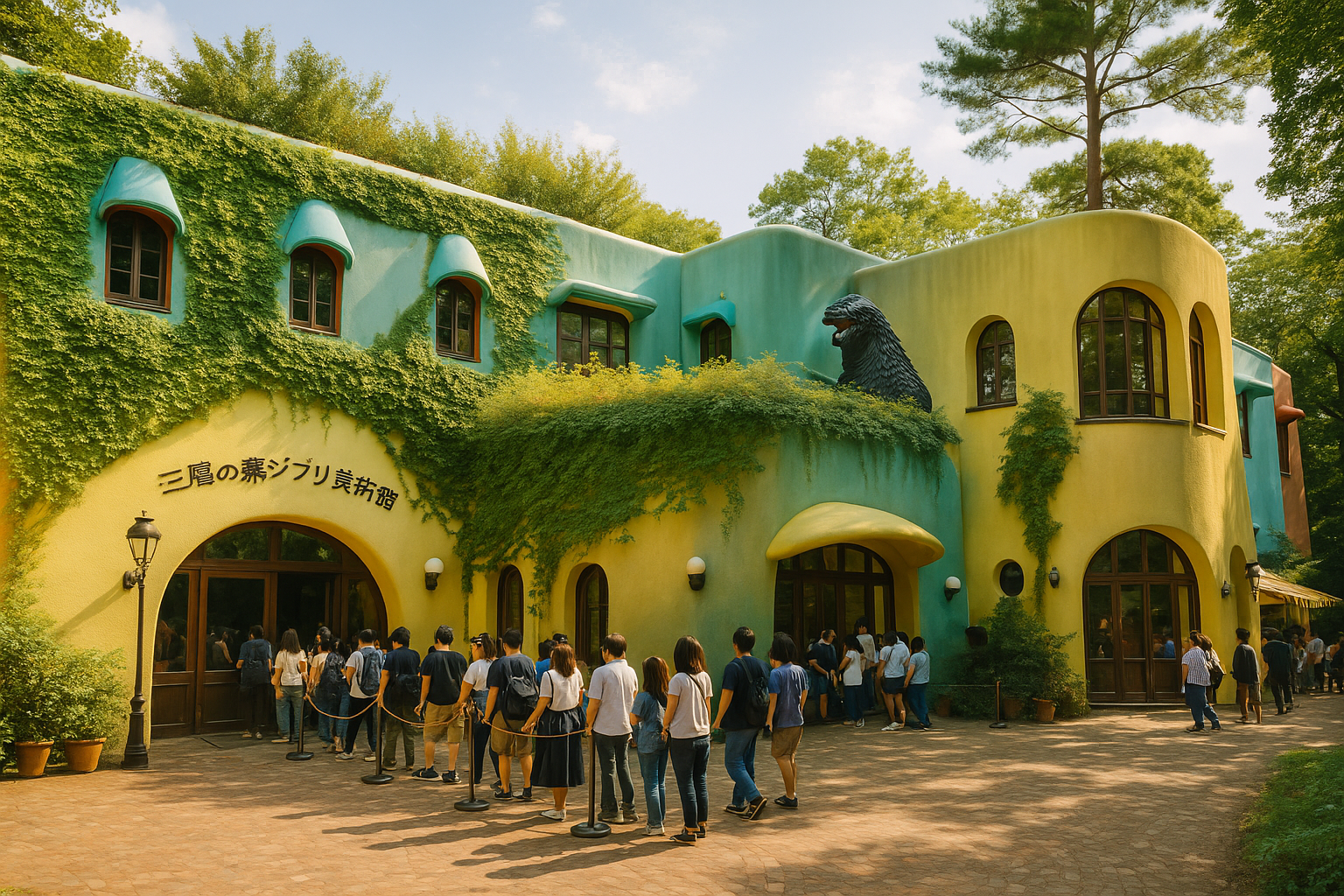Tokyo — Neon Dreams, Quiet Shrines, Next-Gen Cool
Travel guide by Bonne Vacances Travel Agency
1) Introduction
Tokyo feels like three trips at once: shrine-quiet mornings, neon nights, and a design pilgrimage of architecture, fashion, and cafés. It’s endlessly efficient yet full of small surprises — a hidden kissaten (retro coffee house), a pocket park with koi, a ramen counter you’ll dream about later. We’ve mapped routes that flow because we already tripped the hard parts for you.
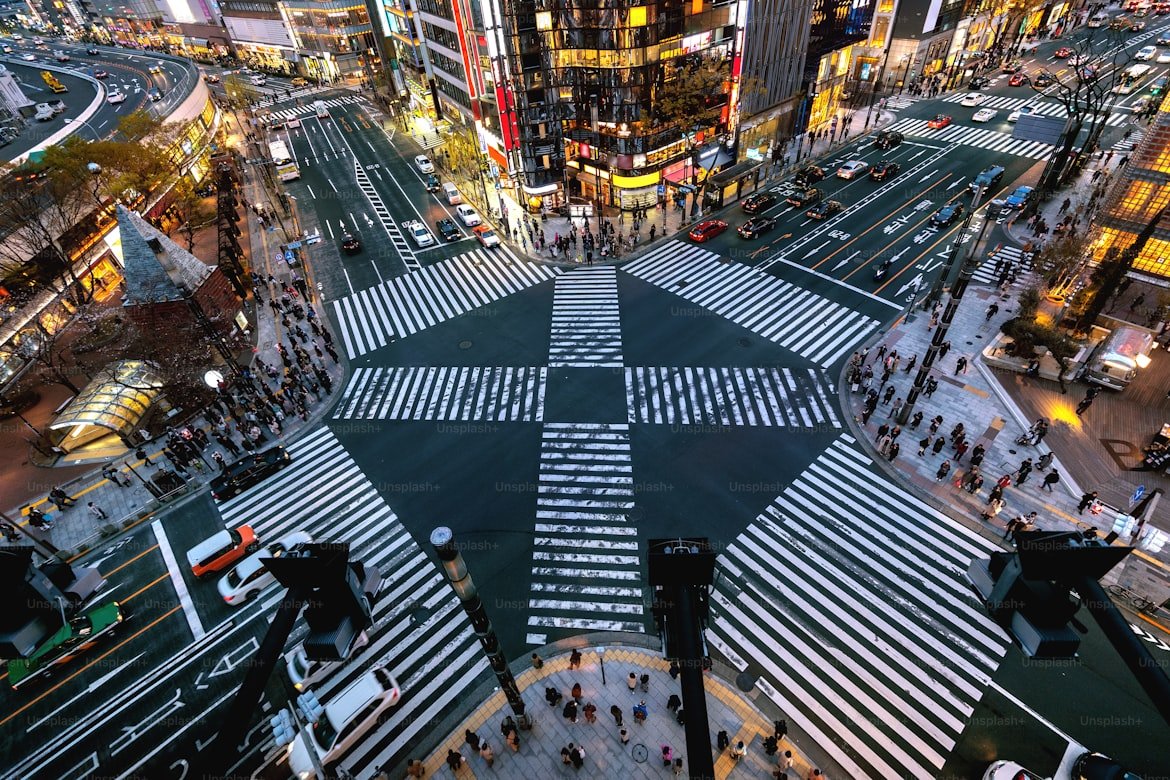
2) When to Visit
- Autumn (late Oct–mid Nov): Crisp air, fiery parks — a sweet spot for comfort and color.
- Spring (late Mar–early Apr): Sakura magic; book early and expect crowds.
- Winter (Dec–Feb): Bluebird skies, illuminations, less crowded museums.
- Summer (Jun–Aug): Festival season — hot and humid but joyful, with fireworks and matsuri.
3) Getting There & Local Transport
Airports & Transfers
HND (Haneda): Closer to the city, great for late arrivals. NRT (Narita): More long-haul options.
- To city: Monorail (HND), Keisei Skyliner (NRT), Narita Express (N’EX), limousine bus, or taxi.
- JR Pass: Only if you’re taking intercity Shinkansen — we’ll advise based on your route.
Move Smoothly
- IC cards (Suica/PASMO) work on JR, metro, buses — and in convenience stores.
- Google Maps is excellent; mind exit numbers to pop up exactly where needed.
- Taxis are immaculate and cashless-friendly; perfect late night or with luggage.
Etiquette & Comfort
Stand left on escalators (Tokyo), keep voices low, and queue neatly. Some lines have women-only cars during rush hours.
4) Top Attractions & Traveler Picks (8–10 by Style)
Family
- teamLab Planets (immersive digital art)
- Ueno Zoo & National Museum
- Odaiba waterfront & science museum
- Ghibli spots (Mitaka Museum if tickets available)
Couples
- Shibuya Sky at sunset
- Rooftop onsen hotel evening
- Garden strolls (Hamarikyu, Rikugien, Shinjuku Gyoen)
- Jazz bars in Golden Gai
Solo
- Asakusa dawn photo walk (Sensō-ji)
- Yanaka Ginza snacks & cats
- Akihabara retro arcades
- Daikanyama → Nakameguro design crawl
Groups
- Baseball at Tokyo Dome
- Karaoke + izakaya crawl
- Sumo tournament (seasonal) or morning practice
- Food hall blitz (depachika)
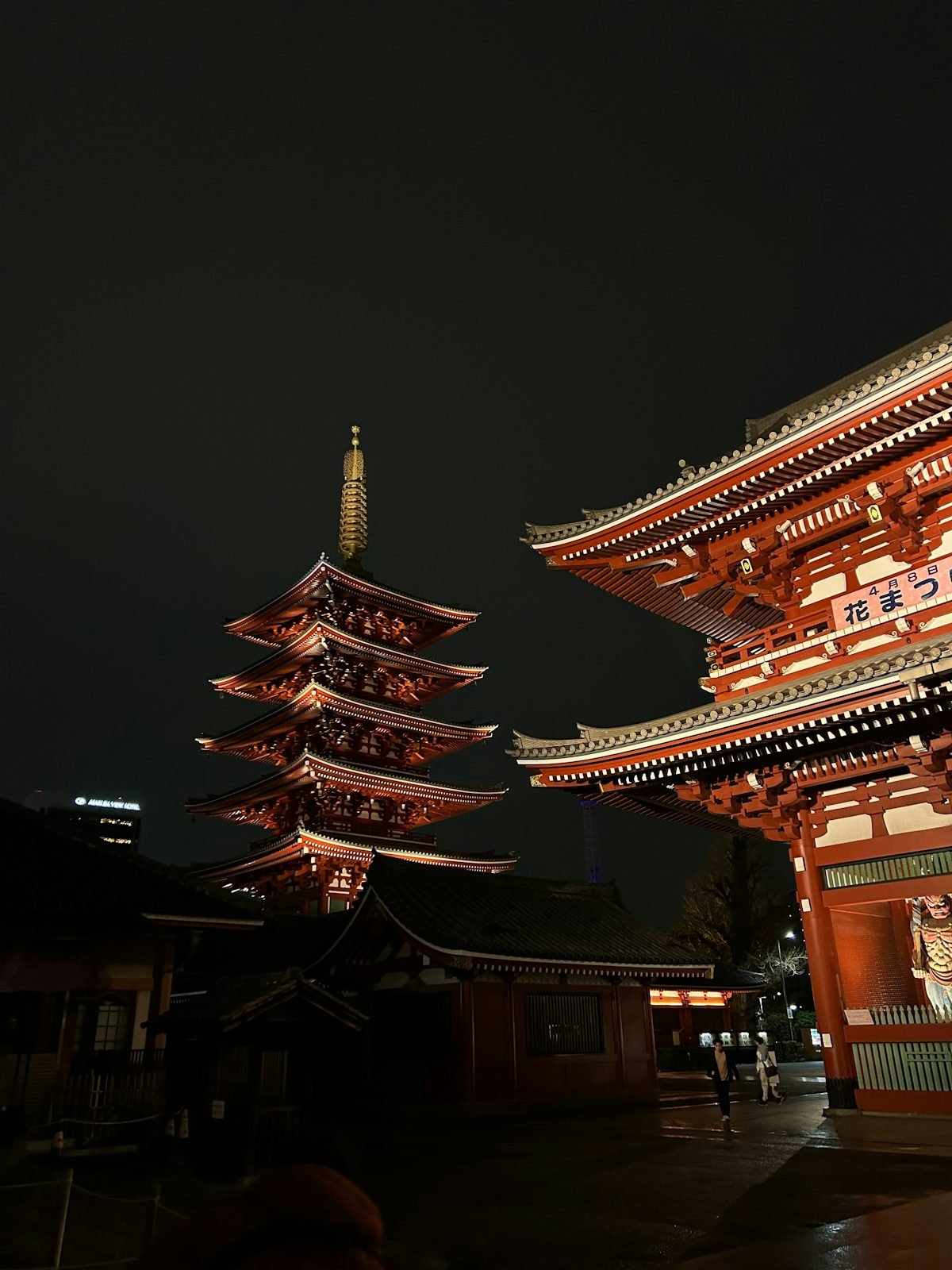
5) Culture & Experiences
- Tea ceremony lessons (learn the choreography of calm)
- Baseball game day (cheer squads + stadium snacks) or sumo practice viewing
- Design pilgrimage: Daikanyama → Nakameguro → Aoyama architecture and boutiques
- River cruise under rainbow-lit bridges to Odaiba
6) Food & Drink
Tokyo is the world’s most exciting food city — from humble ramen counters to once-in-a-lifetime omakase. Eat with curiosity and don’t fear the ticket machines.
Restaurant Suggestions
- Budget: Ramen alleys (Ebisu/Yokohama style), standing sushi bars, konbini treasures (onigiri, egg sando).
- Mid-range: Cozy izakaya (Omoide Yokocho, Harmonica Yokocho), kissaten for retro coffee, tonkatsu specialists.
- Luxury: Omakase counters and kaiseki — we book traveler-friendly spots with counter seats and English menus.
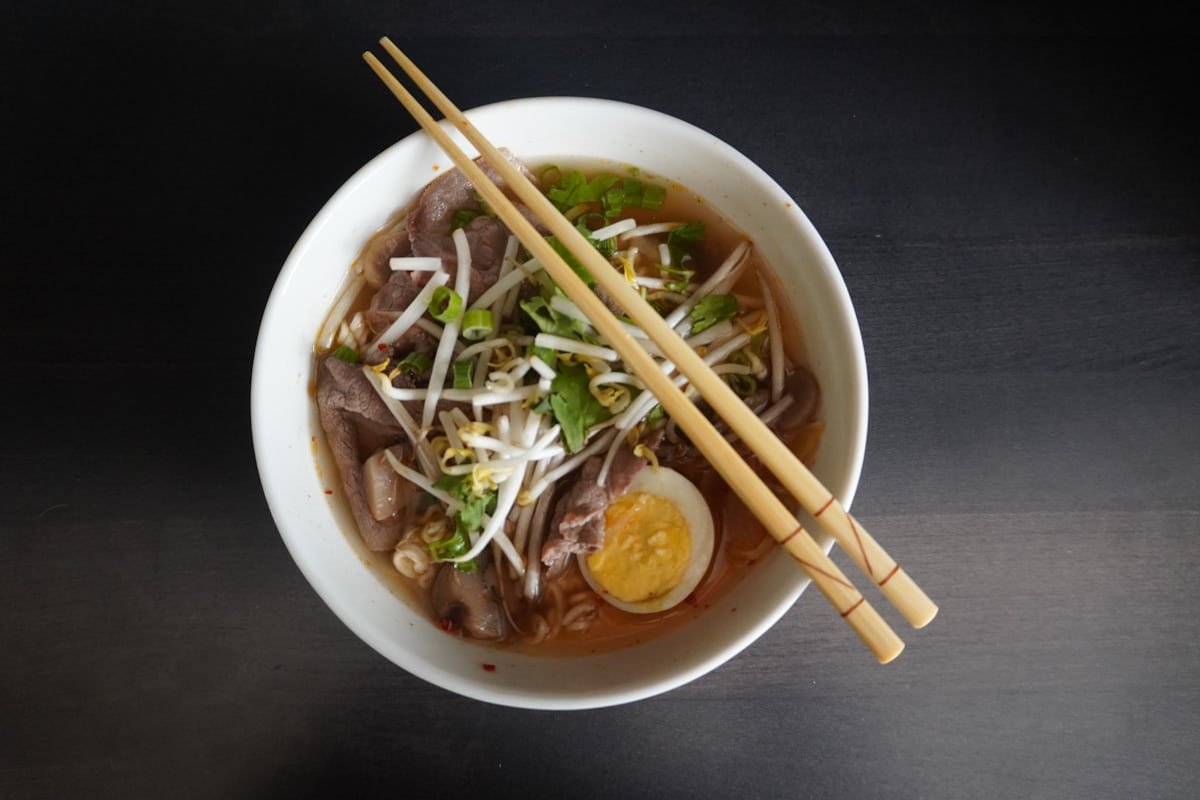
7) Where to Stay — Areas & Hotel Picks
Best Areas
- Shinjuku/Shibuya: Nightlife, shopping, and transit — great for first-timers.
- Ginza/Tokyo Station: Refined hotels, easy airport rail, Imperial gardens.
- Asakusa/Ueno: Traditional feel with top museums and budget/value stays.
By Budget (Examples)
- Budget: APA/Remm business hotels; Book-and-Bed capsule (novelty).
- Mid-range: Shibuya Excel Tokyu; Hotel Ryumeikan Tokyo (near Tokyo Station).
- Luxury: Park Hyatt Tokyo; Aman Tokyo; Palace Hotel Tokyo.
Booking Tips
Rooms run compact; twin rooms often mean more space. Request high floors for views and quieter nights; consider luggage forwarding between cities.
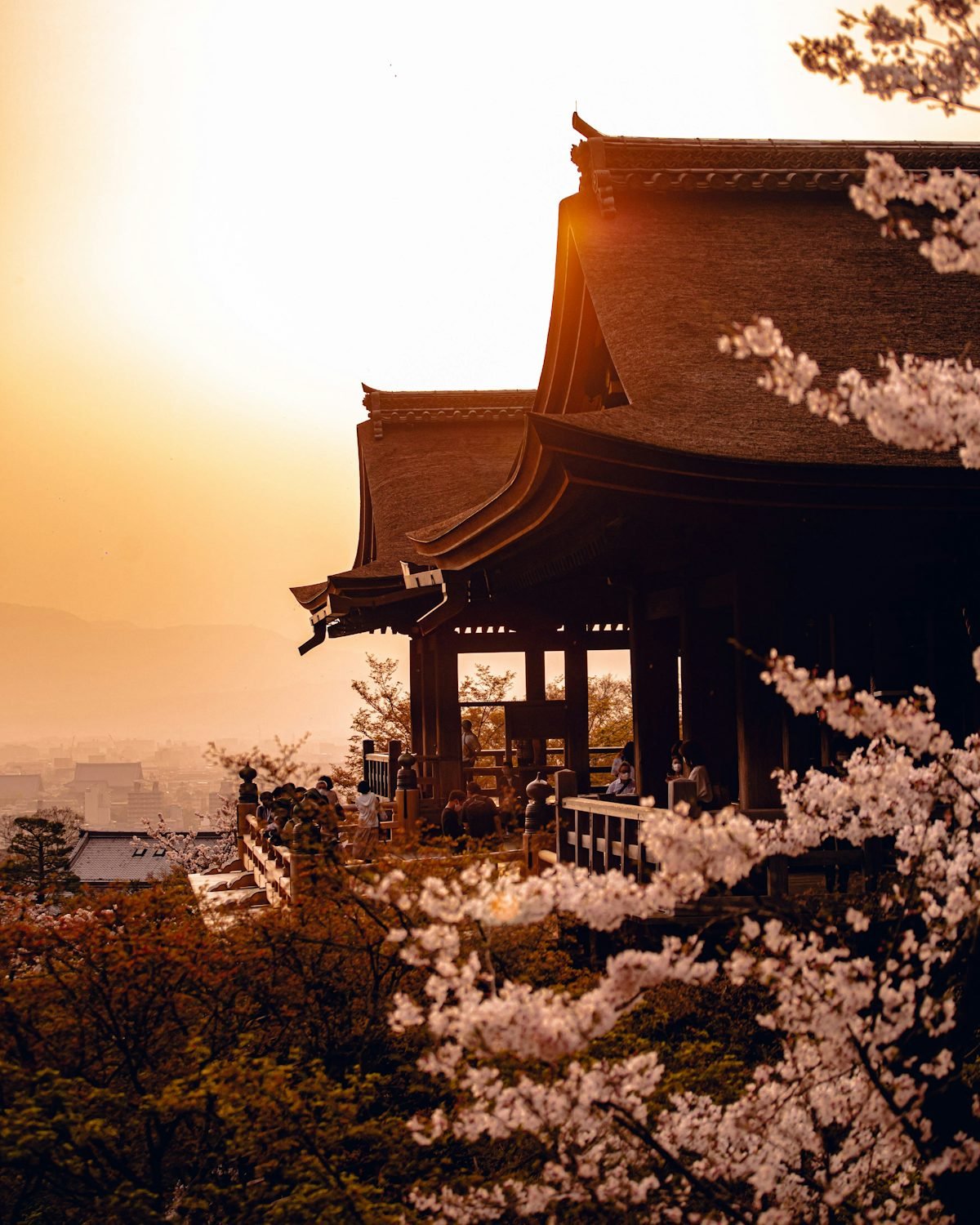
8) Day Trips & Excursions
- Hakone: Onsen, outdoor sculpture park, Lake Ashi; Fuji views when clear. Use Hakone Freepass for easy transfers.
- Kamakura/Enoshima: Great Buddha, seaside shrines, surf cafés, and sunset island views.
- Nikkō: Ornate shrines in cedar forests and river trails; cooler summer escape.
9) Practical Tips & Safety
Essentials
Currency: JPY • Language: Japanese (English signage common) • Tipping: Not customary.
Costs (ballpark)
- Metro: ¥200–400
- Casual lunch: ¥1,000–2,000
- Mid-range dinner: ¥3,000–6,000 pp
Etiquette & Packing
Quiet transit, queue neatly, slip-on shoes for tatami rooms. Pack layers and a compact umbrella; summers are humid.
Apps
Google Maps, Japan Travel (JR/metro), Tabelog (restaurants), Suica/PASMO in Wallet.
Accessibility
Elevators and tactile paving are widespread. We plan low-stair routes and book accessible rooms; station staff assist with ramps on request.
10) Sample Itinerary — 7 Full Days (Morning / Afternoon / Evening)
- Day 1: Asakusa Sensō-ji • Sumida riverside walk • Sushi counter dinner
- Day 2: Meiji Jingu • Harajuku/Omotesandō • Shibuya Sky + ramen crawl
- Day 3: Tsukiji Outer Market • Ginza galleries • Cocktail bar with skyline views
- Day 4: Ueno museums • Akihabara retro arcades • Yakitori alley (Omoide Yokocho)
- Day 5: Day trip to Hakone or Kamakura • Onsen/sea views • Back to Tokyo
- Day 6: Daikanyama → Nakameguro design walk • Canal cafés • Onsen hotel night
- Day 7: Free browsing for stationery & ceramics • Depachika picnic • Departure assistance
11) Image Gallery
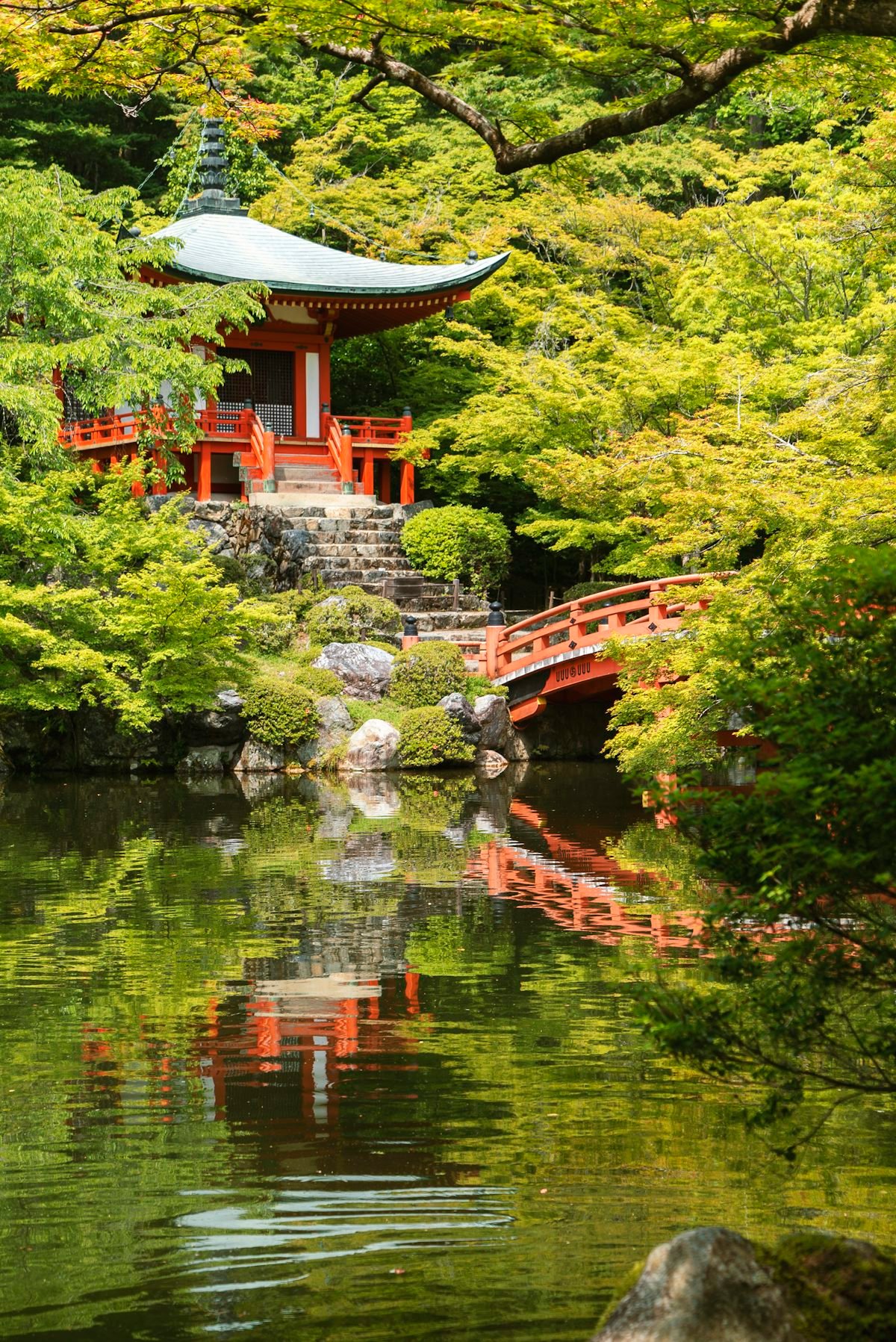
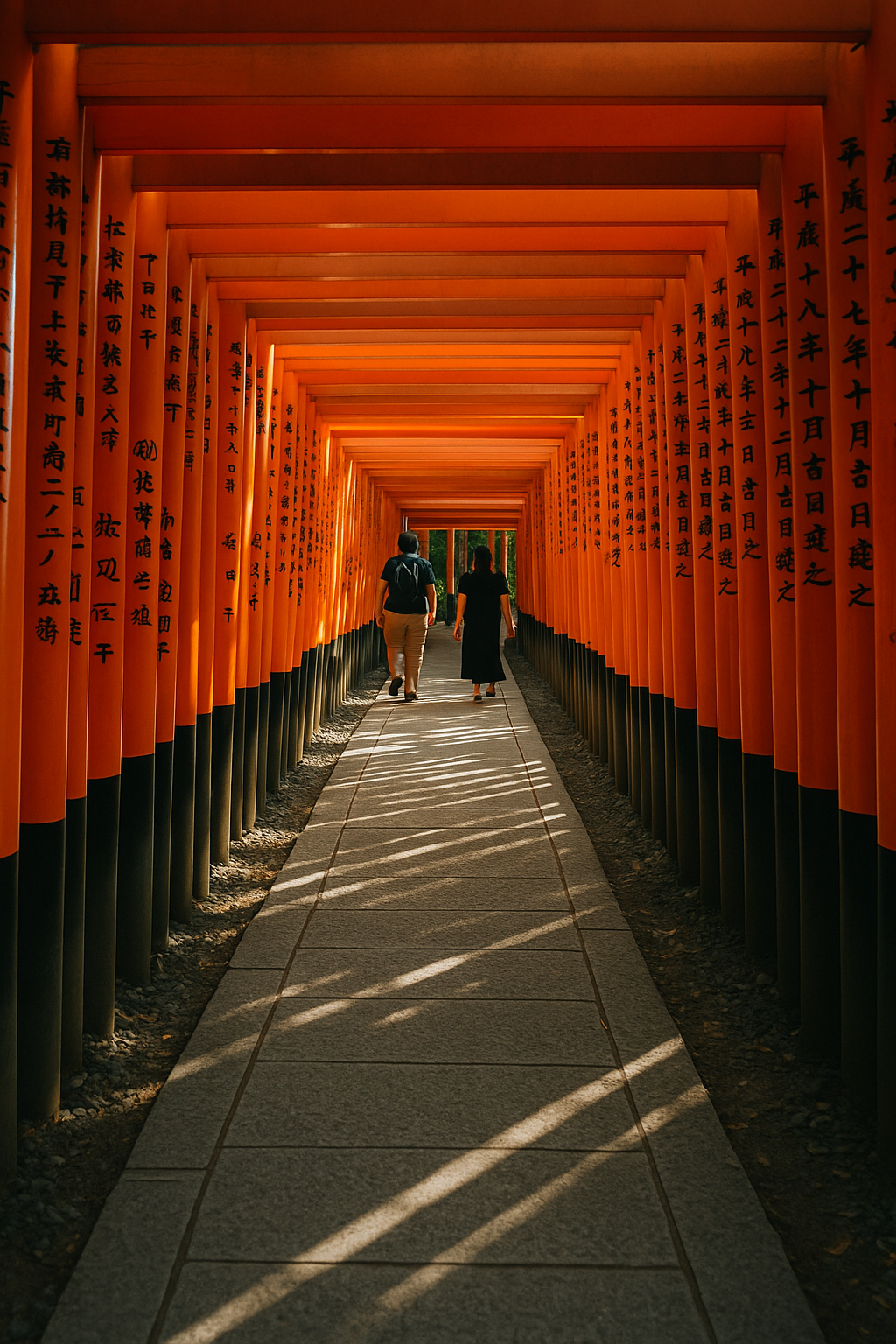
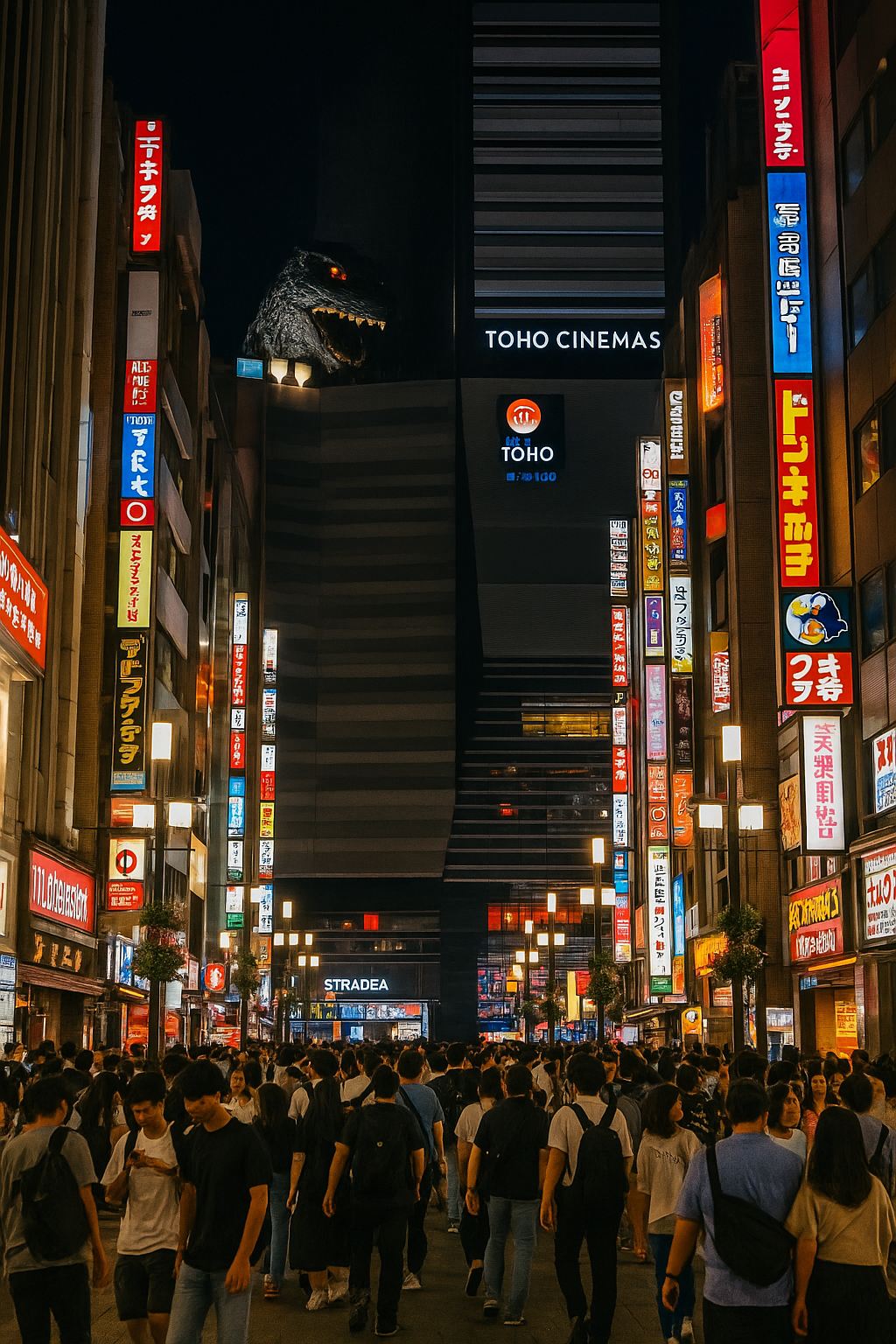
We’ll thread the needle between neon and quiet.
From onsen hotels to sushi counters, we choreograph timing and routes so Tokyo simply flows.
